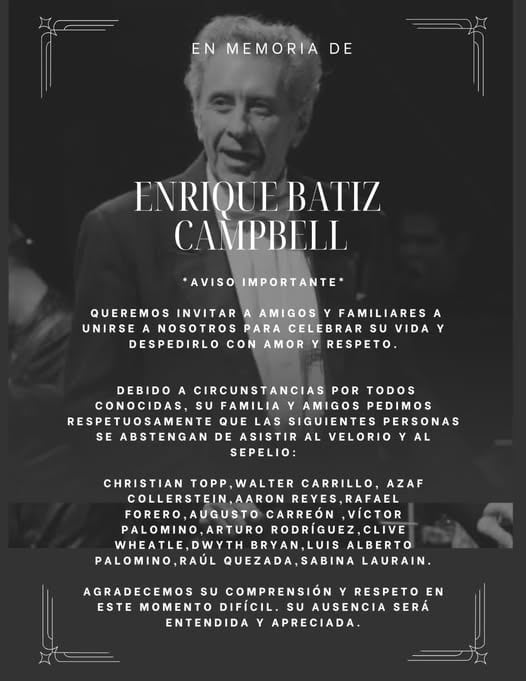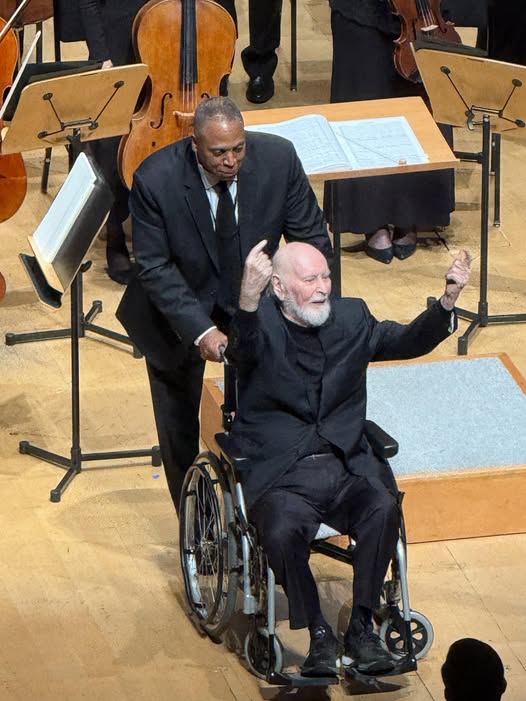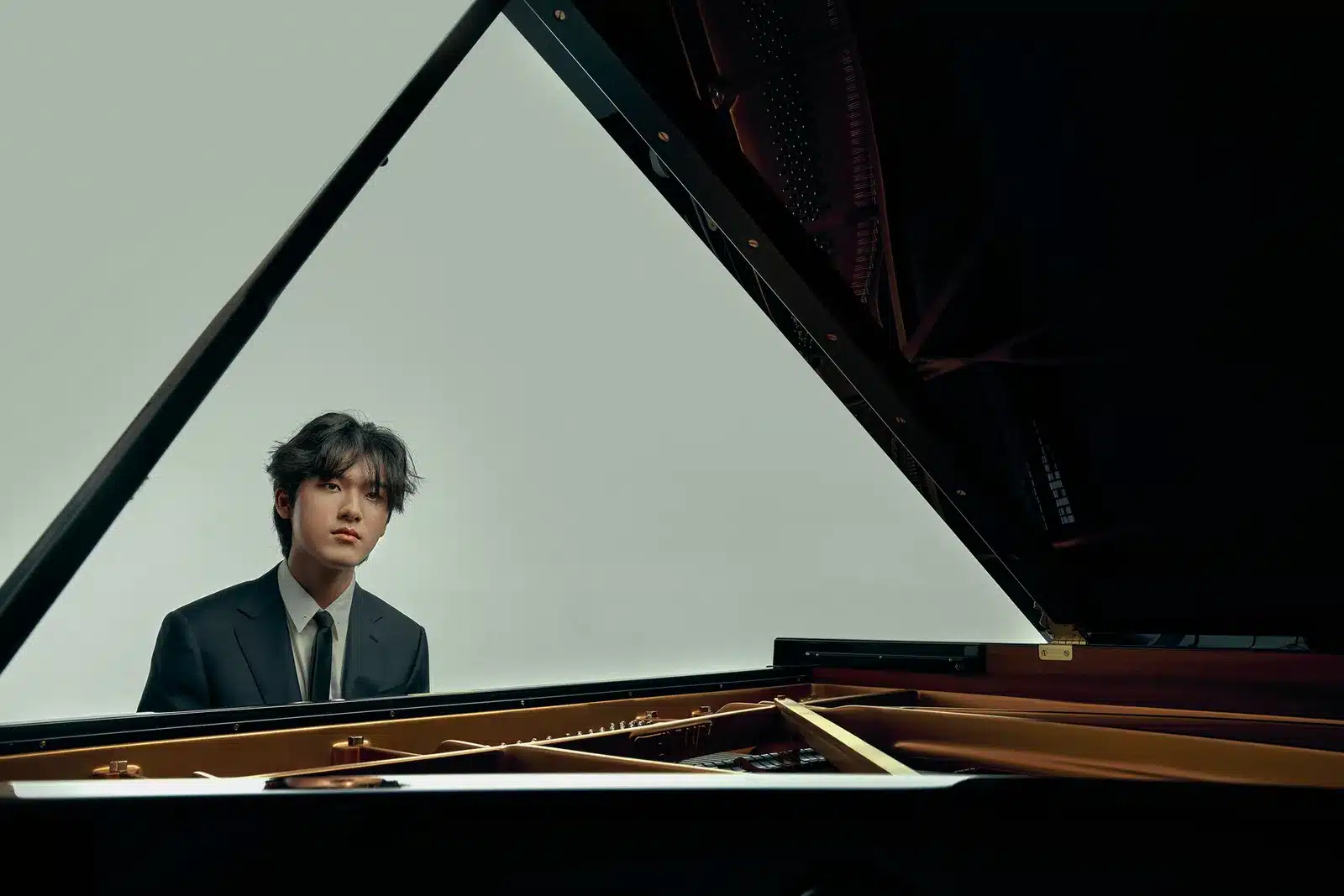The expressive power of Weinberg’s music
mainFrom Richard Bratby’s Spectator review of last weekend’s Birmingham concerts:
The expressive power of Weinberg’s music seems to lie in the way it shapes itself around those gaps, the things unfinished or unsaid. It brought to mind Georges Perec’s novel La Disparition (written just a year later than the Preludes, in 1969). Famously written entirely without using the letter E, it’s a dazzling creative game. It’s also an artistic demonstration of how a single missing element inevitably changes the shape of every thought or sentence; modifies the rhythm and colour of an entire existence. Weinberg’s immediate family, like Perec’s, was murdered in the Holocaust; his subsequent career in the USSR was punctuated by threats (and at one point imprisonment) by a Soviet regime suspicious of his Polish origin and his Jewishness.
Read on here.

Read Gidon Kremer on Weinberg here.





Comments